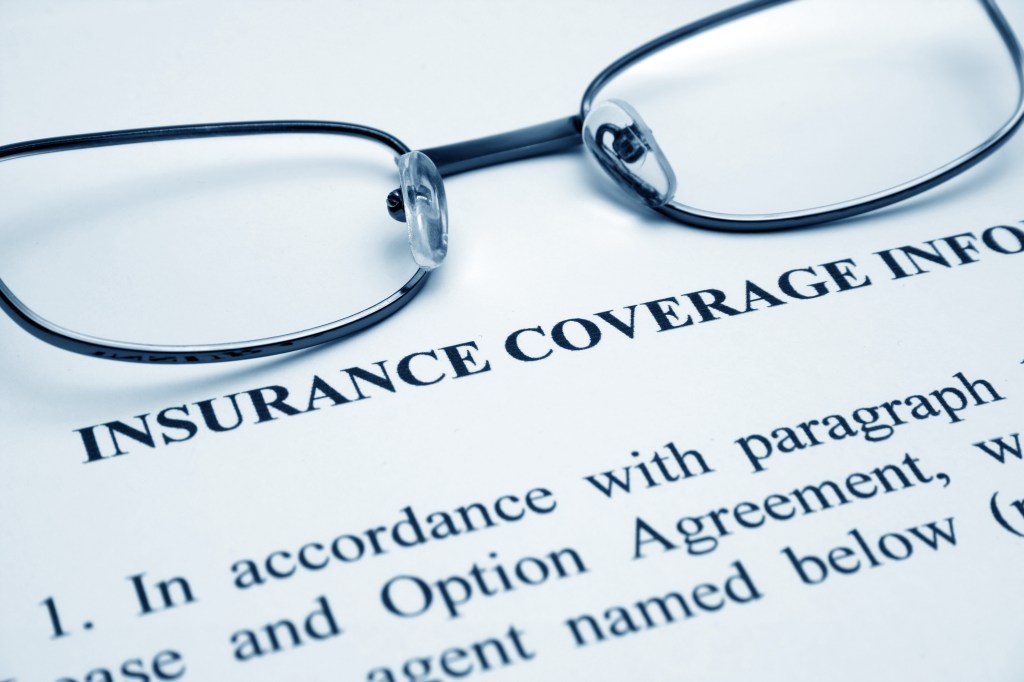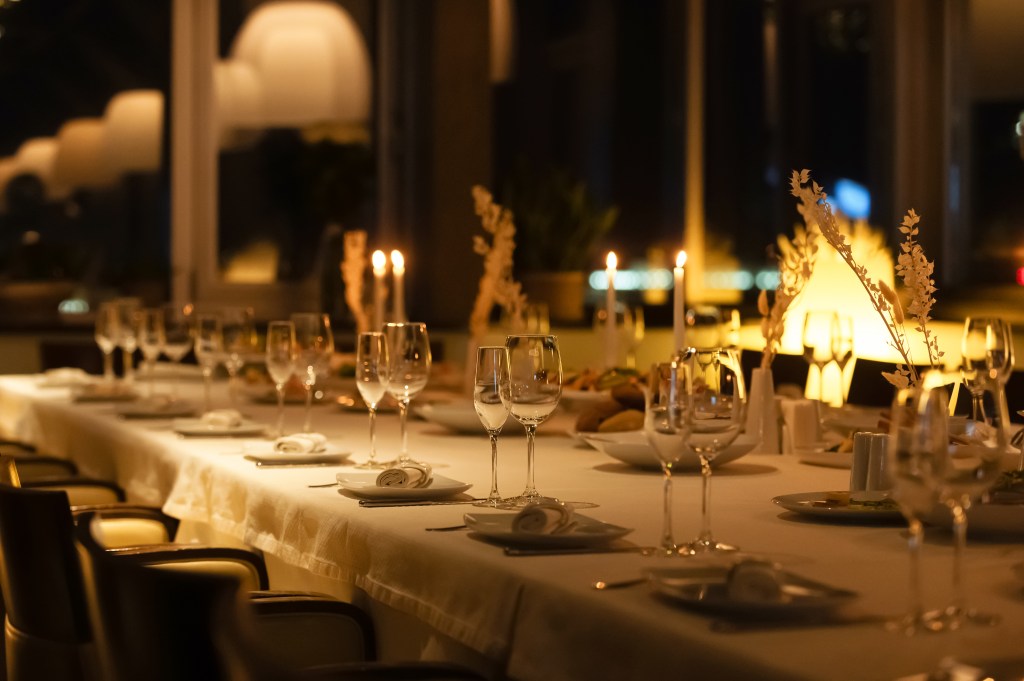
Top Vendor Liability Insurance: Essential Coverage for Your Business
Vendor liability insurance is a fundamental security for event vendors, ensuring protection against financial losses stemming from unexpected incidents. Whether it’s accidents, property damage, or bodily injury claims that occur during an event, this specialized coverage shields vendors from the potentially devastating costs of legal liabilities. As the events industry becomes increasingly meticulous in risk…
Vendor liability insurance is a fundamental security for event vendors, ensuring protection against financial losses stemming from unexpected incidents. Whether it’s accidents, property damage, or bodily injury claims that occur during an event, this specialized coverage shields vendors from the potentially devastating costs of legal liabilities.
As the events industry becomes increasingly meticulous in risk management, many venues, organizers, and event planners now require vendors to carry liability insurance as a standard practice. Vendor liability insurance policies address these requirements and provide professional services designed to offer comprehensive coverage for unexpected claims.
This protection not only covers vendors but also fosters a secure environment for all stakeholders, building trust and professionalism in event partnerships. Understanding its significance is essential for vendors to operate confidently and responsibly in a competitive market.
Who Needs Vendor Insurance?
Vendor insurance is essential for any business that operates in public event settings, providing crucial protection against potential risks and liabilities. From food trucks and artisan booths at farmers markets, local fairs, and day events and festivals to service providers at weddings or trade shows, vendors often face unexpected incidents such as accidents, property damage, or customer injuries. Liability coverage, such as insurance for market vendors, one-day vendor insurance, craft fair vendor insurance, or small business vendor insurance, ensures that businesses are protected from these scenarios, covering legal costs or compensation if claims arise.
Many venues and event organizers require vendors to carry insurance as part of their operational agreements, emphasizing its significance. By securing vendor insurance, businesses not only meet these requirements but also safeguard their reputation and maintain the confidence needed to operate successfully at a variety of events.
Common Risks Vendors Face at Events
Vendors operating at events often face a variety of risks that can jeopardize their operations and financial stability. Slip-and-fall accidents are among the most common, occurring when attendees or staff encounter hazards like uneven flooring, spilled liquids, or cluttered spaces. Product-related injuries, such as reactions to food items or defective merchandise, can lead to liability claims or even lawsuits against vendors.
Property damage is another critical concern, whether it involves damage to rented equipment, display setups, or the event venue itself. For vendors in the food and beverage industry, fire or cooking hazards pose an added layer of risk, particularly in high-pressure environments. Without the coverage you need, these incidents could result in substantial out-of-pocket expenses, leaving vendors exposed to financial strain and legal complexities.
Investing in comprehensive vendor insurance, such as a short-term policy tailored for events, ensures that vendors are well-protected. These policies typically pay for legal fees, compensation costs, or damages arising from covered incidents. By addressing these risks with the appropriate coverage, vendors can operate with peace of mind and focus on delivering exceptional experiences for their customers.

What Vendor Liability Insurance Typically Covers
Vendor liability insurance typically provides comprehensive protection against the wide range of risks vendors face during events. Most policies include general liability coverage, which protects against claims related to accidents or injuries involving customers or third parties. Product liability coverage addresses issues arising from defective or harmful products sold by the vendor, safeguarding against costly legal claims. Common claims may include incidents related to foodborne illnesses, allergic reactions, or damage caused by defective products.
Completed operations coverage ensures that vendors are protected even after their services or products have been delivered, offering peace of mind for post-event liabilities. In addition, many policies extend coverage to theft or damage affecting the vendor’s booth, tools, or equipment, securing essential resources.
Policies often specify the maximum amount of coverage available for claims, ensuring vendors are financially prepared for unexpected challenges. This robust insurance allows vendors to operate confidently, knowing they are protected from financial losses and legal complexities that may arise during their events.
How Events and Venues Set Vendor Insurance Requirements
Event organizers and venues play a crucial role in setting vendor insurance requirements to ensure safety, liability protection, and compliance during events. Often, they mandate that vendors provide a vendor certificate of insurance (COI) as proof of coverage, specifying liability limits to address potential risks such as accidents, property damage, or injuries. Vendor insurance compliance is critical, ensuring that policies align with the contractual terms outlined by venues and event organizers.

Additionally, many venues require the inclusion of “additional insured” language in the policy to extend coverage to the venue itself and event organizers. Third-party vendor liability coverage further protects against claims involving external contractors or exhibitors.
These requirements are non-negotiable and often outlined in contracts, reinforcing their importance in mitigating financial and legal risks. Vendors who fail to meet these criteria risk losing their spot at the event, jeopardizing their opportunity to connect with customers and showcase their offerings. Understanding and adhering to these vendor insurance requirements is essential for smooth participation and professional collaboration in any event setting.
Short-Term vs. Annual Policies: Which Is Right for You?
Choosing between short-term and annual vendor insurance policies depends on the frequency of your event participation and your overall needs. If you attend only a handful of events per year, a short-term vendor insurance policy or one-day vendor coverage for public events can provide the protection you need without requiring a long-term commitment.
These policies are ideal for occasional vendors, offering cost-effective solutions to safeguard their business during specific events. Short-term policies are often typically required for participation in certain venues or events, ensuring compliance while keeping expenses manageable.
On the other hand, frequent vendors who participate in multiple events throughout the year may benefit from event insurance for vendors through annual plans. Annual vendor insurance not only saves money in the long run but also provides continuous coverage, reducing the hassle of obtaining a new policy for each occasion. These policies pay for claims, legal costs, or damages, offering essential protection for vendors facing ongoing risks.
By evaluating your event schedule and budget, you can identify the best option to ensure comprehensive protection and peace of mind while participating in public events.
Special Considerations for Food Vendors and Mobile Businesses
Operating as a food vendor or mobile business comes with unique risks that require special insurance considerations. Cooking activities can increase the likelihood of accidents, such as fires or burns, while serving food to the public or at private events creates potential health and liability concerns. To protect your business, it’s essential to ensure that your insurance policy includes proper endorsements tailored to these specific needs.
Food vendor insurance coverage, including protection for temporary vendor liability, insurance for pop-up vendors, and private event coverage, can address cooking-related risks, foodborne illnesses, and general liability. This type of coverage offers peace of mind and protects your venture from unexpected financial burdens. By addressing these considerations, you can focus on delighting your customers with confidence, whether you’re serving at large public events or intimate private gatherings.
Trade Shows, Weddings, and High-End Events: Risk and Reputation

Special events such as trade shows, weddings, and high-end events present unique opportunities to shine, but they also come with heightened exposure and increased expectations. As a vendor or service provider, participating in these large-scale or high-profile gatherings requires careful planning to manage potential risks and meet compliance standards.
Vendor insurance for weddings, insurance for trade show vendors, and vendor insurance compliance are essential to protect your assets and safeguard your reputation. Liability insurance provides coverage for unexpected incidents, such as property damage or injury, while also highlighting your professionalism and reliability.
By investing in comprehensive coverage, you demonstrate a strong commitment to your clients and the integrity of your business. In high-stakes environments, where expectations run high, showing that you’re well-prepared and fully insured can set your business apart as a trusted and dependable partner.
Why Insurance Brokers Should Offer Vendor-Specific Policies
For insurance brokers, vendors represent a lucrative and expanding niche market with significant potential for recurring business. Small businesses, such as food vendors, mobile businesses, and pop-up shops, operate in dynamic environments that expose them to unique risks and compliance challenges.
By offering specialized policies like small business vendor insurance, brokers can provide coverage tailored to the needs of these businesses, addressing risks such as property damage, liability claims, and unforeseen events. Vendor liability insurance protects vendors from potential legal and financial setbacks while ensuring compliance with event requirements. Offering nationwide coverage enables brokers to serve a broader range of businesses, including those operating across multiple regions, ensuring consistent protection regardless of location.
Additionally, event vendor insurance is particularly valuable for businesses participating in trade shows, weddings, and high-profile events, where expectations and liabilities can be even higher. By delivering comprehensive, vendor-specific policies with both localized and nationwide options, brokers not only help small businesses thrive in a secure and supportive environment but also establish themselves as trusted advisors, fostering loyalty and driving sustained growth in this niche market.

Ensuring Your Assets Are Covered with the Right Insurance
Protecting your business requires more than just liability insurance, especially for vendors who depend on valuable inventory, intricate display materials, and essential equipment to succeed. These critical assets are often exposed to risks such as theft, accidental damage, or unforeseen events, which can disrupt operations and cause significant financial losses.
To fully safeguard your business, consider adding specialized coverage like inland marine insurance, collection insurance for vendors, vendor booth insurance, and a general liability policy to your risk management plan. Inland marine insurance protects goods and equipment while in transit or at temporary locations, ensuring your business assets are covered no matter where you operate. Collection insurance offers tailored coverage for high-value or specialized items, addressing unique risks that may not be covered by standard policies.
Meanwhile, vendor booth insurance shields your setup and materials at events, while a general liability policy provides broader protection against claims involving property damage or bodily injury, offering an added layer of security against potential liabilities. By securing the right mix of coverage, you can effectively protect vendor assets, minimize risks, and focus on delivering exceptional experiences to your customers. Prioritizing comprehensive asset protection today helps build a stronger, more resilient business for tomorrow.
Sources:
https://www.insurancecanopy.com/blog/why-vendors-need-insurance
https://commercialinsurancetoronto.ca/Vendor-Insurance
https://www.eventsured.com/2022/03/17/vendor-insurance-why-its-crucial-for-vendors-to-purchase/
https://hotalinginsurance.com/his-blogs%E2%80%8B/vendor-liability-insurance
https://servicechannel.com/glossary/vendor-insurance/
https://www.linkedin.com/pulse/why-we-insist-insured-wedding-event-vendors-roger-igo/
https://keller-brown.com/wedding-vendor-insurance



